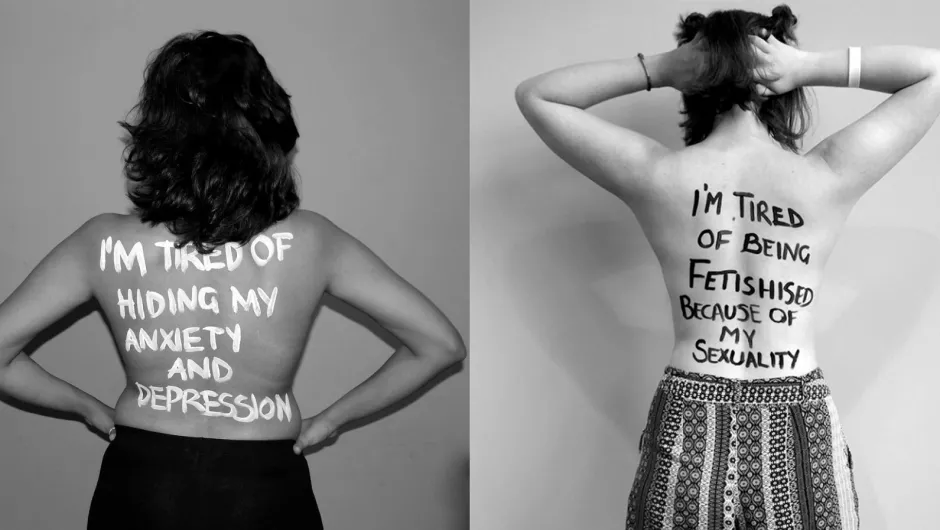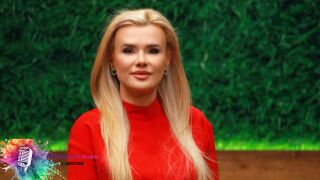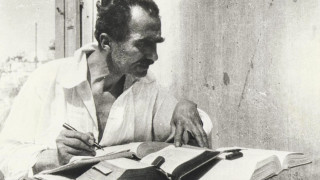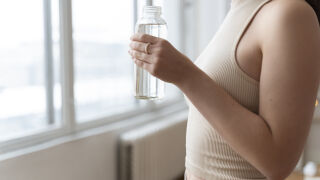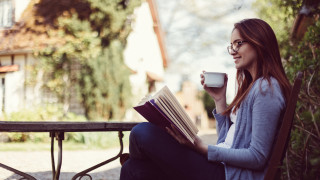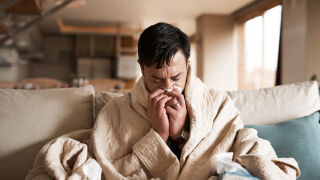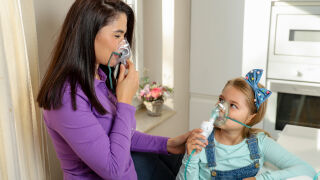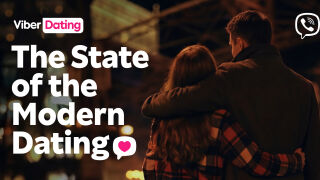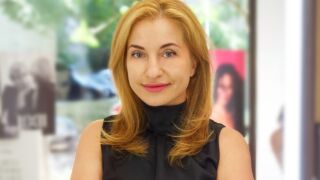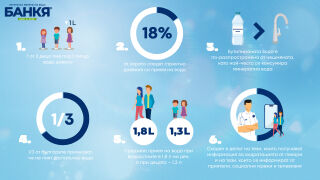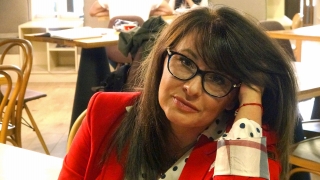Те са уморени да бъдат обсъждани, критикувани, съдени… Затова застават с телата си в мощна бодиарт фотосерия на студентите Паула Акпан и Хариет Евънс, които решават да изследват и покажат ежедневното неравенство и дискриминация в обществото.
Чрез изписани с боя послания върху гърбовете на участниците, авторите на проекта искат да представят с черно-белите фотографии хора, които са "уморени" от коментарите, критиките и несправедливото отношение, което срещат в ежедневието си - просто заради това, което са.
Те споделят своите истории с изписан текст върху гърба, за да запазят анонимността си, като същевременно интимността на голите портрети подчертава уязвимостта им.
Повечето истории са основани на расова, сексуална или междуполова дискриминация, макар че нерядко се отнасят до психическо и физическото здраве, религиозни или политически възгледи.
Акан и Евънс стартират проекта "Уморен съм" през 2015-а, за да обърнат внимание на проблемите, които съвременното общество нанася върху отделните индивиди. А днес красивите и смели портрети продължават да осветяват въздействието на ежедневната агресия, предразсъдъци и стереотипи върху тях.

